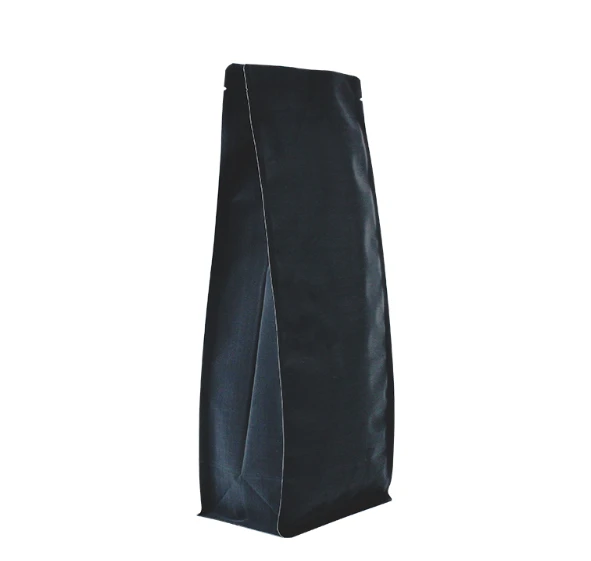- Afrikaans
- Albanian
- Amharic
- Arabic
- Armenian
- Azerbaijani
- Basque
- Belarusian
- Bengali
- Bosnian
- Bulgarian
- Catalan
- Cebuano
- chinese_simplified
- chinese_traditional
- Corsican
- Croatian
- Czech
- Danish
- Dutch
- English
- Esperanto
- Estonian
- Finnish
- French
- Frisian
- Galician
- Georgian
- German
- Greek
- Gujarati
- haitian_creole
- hausa
- hawaiian
- Hebrew
- Hindi
- Miao
- Hungarian
- Icelandic
- igbo
- Indonesian
- irish
- Italian
- Japanese
- Javanese
- Kannada
- kazakh
- Khmer
- Rwandese
- Korean
- Kurdish
- Kyrgyz
- Lao
- Latin
- Latvian
- Lithuanian
- Luxembourgish
- Macedonian
- Malgashi
- Malay
- Malayalam
- Maltese
- Maori
- Marathi
- Mongolian
- Myanmar
- Nepali
- Norwegian
- Norwegian
- Occitan
- Pashto
- Persian
- Polish
- Portuguese
- Punjabi
- Romanian
- Russian
- Samoan
- scottish-gaelic
- Serbian
- Sesotho
- Shona
- Sindhi
- Sinhala
- Slovak
- Slovenian
- Somali
- Spanish
- Sundanese
- Swahili
- Swedish
- Tagalog
- Tajik
- Tamil
- Tatar
- Telugu
- Thai
- Turkish
- Turkmen
- Ukrainian
- Urdu
- Uighur
- Uzbek
- Vietnamese
- Welsh
- Bantu
- Yiddish
- Yoruba
- Zulu
Sustainable Solutions for Eco-Friendly Product Packaging Using Compostable Materials
The Rise of Compostable Product Packaging A Sustainable Solution for a Greener Future
In recent years, the alarming increase in plastic waste has prompted both consumers and manufacturers to seek sustainable alternatives. One area experiencing significant growth is compostable product packaging. This innovative solution offers a promising path towards reducing our environmental footprint while meeting the demands of an eco-conscious market.
Compostable packaging is made from organic materials that can break down in composting environments, returning valuable nutrients to the soil. Unlike traditional plastics, which can take centuries to decompose, compostable materials typically decompose within a few months under the right conditions. This rapid breakdown not only minimizes landfill contributions but also actively contributes to soil health. As awareness of environmental issues rises, more companies are turning to compostable packaging as a viable option.
One of the key advantages of compostable packaging is its potential to reduce the impact of single-use plastics. The convenience culture has led to an epidemic of plastic waste, which poses significant risks to marine life, wildlife, and human health. By replacing conventional plastic packaging with compostable alternatives, businesses can play a pivotal role in tackling this crisis. Products made from materials like cornstarch, sugarcane, and bamboo are becoming increasingly popular, providing a functional yet sustainable option for companies across various industries.
compostable product packaging

Moreover, the shift towards compostable packaging reflects changing consumer preferences. Today's consumers are more informed and concerned about the environmental implications of their purchases. A recent survey indicated that over 70% of shoppers are willing to pay more for eco-friendly packaging. This shift in consumer behavior creates an opportunity for brands to differentiate themselves in a crowded market. By adopting compostable packaging, companies can not only appeal to environmentally conscious consumers but also strengthen their brand image and loyalty.
Despite the clear benefits, transitioning to compostable packaging is not without its challenges. One significant hurdle is the lack of standardization in composting facilities. Not all composting sites accept compostable materials, and the conditions required for decomposition can vary. As a result, it is essential for companies to partner with certified composting facilities to ensure that their packaging is effectively processed. Additionally, consumer education is vital. Many individuals remain unaware of the differences between compostable and recyclable materials, which can lead to contamination in waste streams. Clear labeling and public awareness campaigns are critical components in driving the success of compostable packaging initiatives.
Legislation is also playing a role in the adoption of compostable packaging. Governments around the world are beginning to implement stricter regulations on plastic waste and incentivize sustainable practices. For example, some regions have introduced bans on single-use plastics, which has catalyzed the demand for compostable alternatives. As these regulations continue to evolve, businesses will be further encouraged to innovate and adopt more sustainable packaging solutions.
In conclusion, compostable product packaging represents a significant step towards a more sustainable future. By reducing dependence on single-use plastics and embracing innovative materials, businesses can not only address environmental concerns but also align with the values of modern consumers. As the industry continues to grow, collaboration between manufacturers, consumers, and governments will be essential to overcoming obstacles and maximizing the potential benefits of compostable packaging. With commitment and creativity, we can foster a circular economy that nurtures both our planet and its inhabitants.













